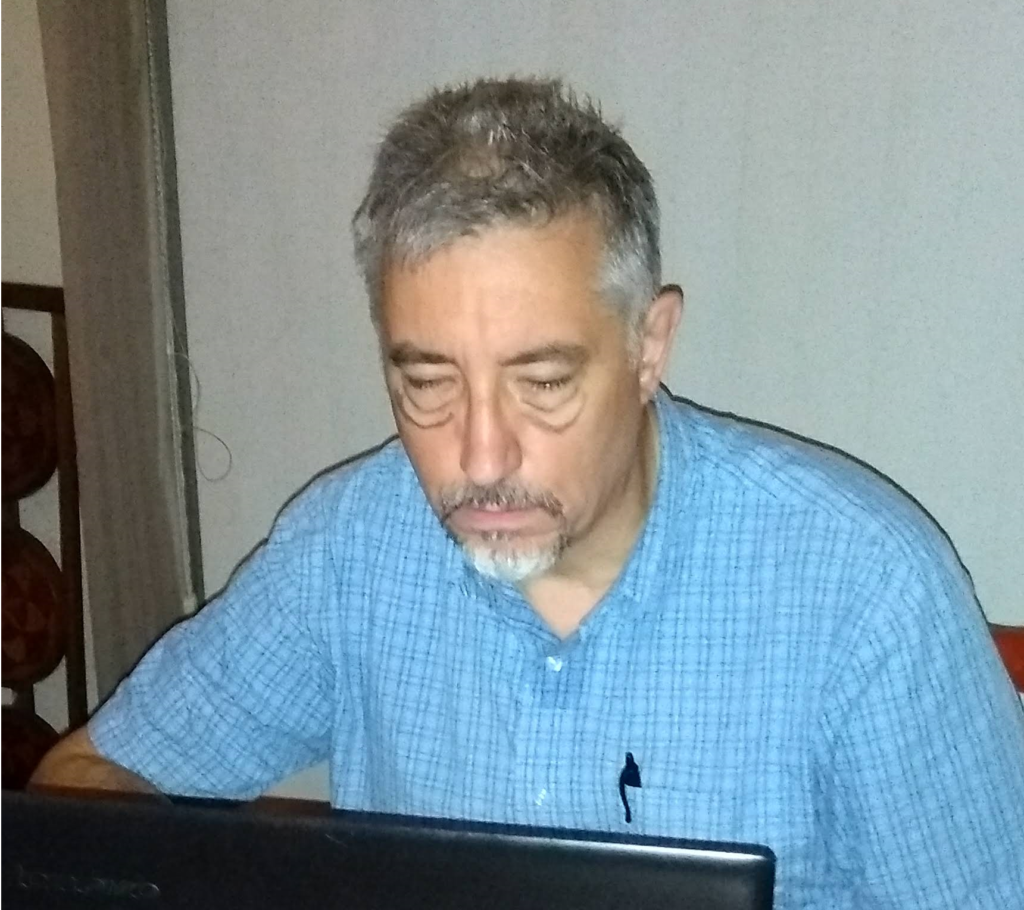Are you more creative when sleepy? Is that the best time for writing rough drafts?
Some research suggests people may perform slightly better on “insight”-type tasks when they’re tired. Writing that first draft of your story might be an insight-type task. Perhaps, when fatigue sets in, you’re more willing to take a chance, to perform a mental leap, to connect disparate thoughts in a novel way.

This study, by Associate Professor Mareike Wieth of Albion College, examined the performance of over 400 students on both analytic and insight tasks. Analytic tasks were straightforward math and logic problems. Insight tasks were problems that seemed, at first, to lack sufficient information, but required a flash of intuitive thought to solve.
According to this article in The Atlantic, the students performed better on analytic tasks at their optimum time of day when properly rested. No surprise there.
However, in the insight tasks, they did 20% better at their non-optimal time of day.
As I understand it, the subjects for the study were college students, not a random sample of people. Also, the insight tasks did not include writing first drafts of fictional stories. I don’t want to infer too much from this study. As all scientists conclude after every study, “more research is required.”
But you’re not interested in research. You’re interested in becoming a better writer, the best writer you can be. When it comes to writing while tired, I suspect your mileage may vary.
It might be worth a few experiments. You could stay up past your normal bedtime and write some first drafts then. Or you could wake up early and scribble out a first draft before starting your morning routine.
Here I’ll add a cautionary note. Suppose experimentation reveals you do write better when tired. There is a long list of physiological effects of sleep deprivation, including depression, obesity, and increased risk of diabetes. Writing while fatigued is one thing, but be sure to get enough sleep.
Maybe you’ll find a different way to take advantage of those creative sparks you get while exhausted. Rather than sitting hunched over a keyboard, all you need is a notepad to jot down the insights as they flash by. I’ve blogged before about the tendency for a writer’s mind to solve problems while engaged in other activities, particularly mundane tasks. The notepad technique works then, too.
Well, <yawn> it’s getting late. It’s first-draft-writing time for—
Poseidon’s Scribe
